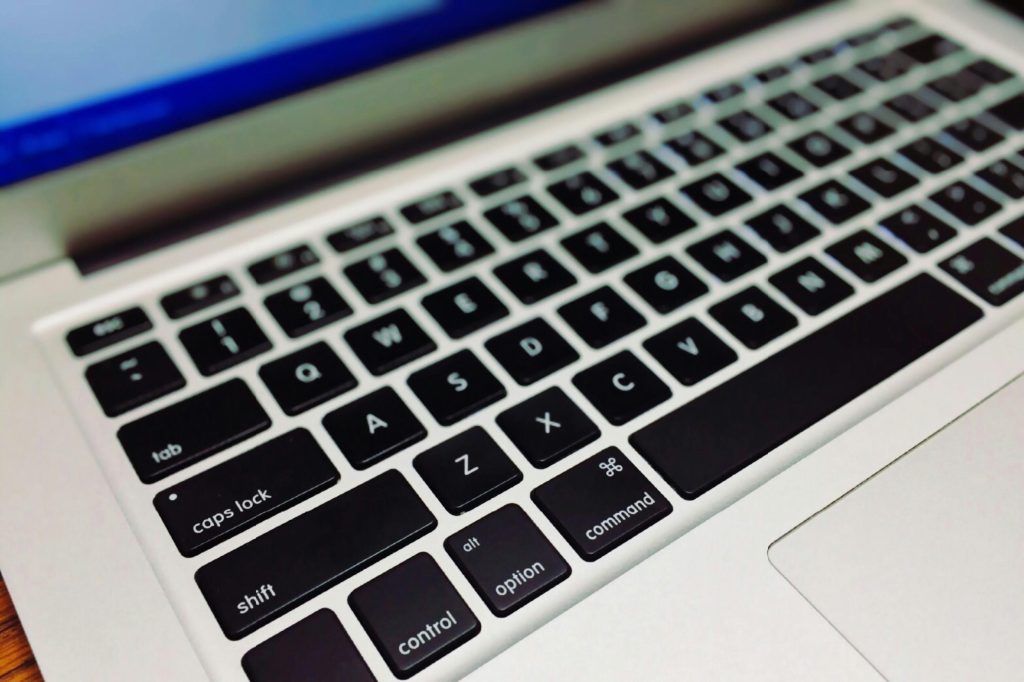Understanding and Troubleshooting Sudden System Slowdowns on Your PC: A Guide for Gamers and Power Users
If you’ve recently experienced intermittent periods where your computer slows down significantly—keyboard inputs lag, mouse movement becomes sluggish, and websites take forever to load—it can be perplexing, especially when Task Manager shows no obvious signs of high resource usage. This issue can disrupt gaming sessions, productivity tasks, and general PC usage, leading to frustration and concern.
In this article, we explore common causes of such performance hiccups, particularly after hardware upgrades, and provide practical steps to diagnose and resolve them. Whether you’re a dedicated gamer or an enthusiast upgrading your system, these insights can help you restore your PC’s responsiveness.
Scenario Overview
Recently, a user upgraded their gaming PC by increasing RAM to 64GB, aiming to improve performance. Two weeks post-upgrade, they noticed that for several minutes at a time, the PC would become extraordinarily slow; keyboard inputs would lag by 3-5 seconds, mouse movement felt like 5 frames per second, and web pages would load painfully slowly. Interestingly, the system appears normal in Task Manager during these episodes, and the slowdown only occurs outside of gaming sessions—sometimes immediately after startup, with the system taking around 10 minutes to stabilize.
Key Hardware Configuration:
– CPU: AMD Ryzen 5 7600X (6-core)
– RAM: 64 GB
– Storage: ~931 GB NVMe SSD
– GPU: NVIDIA GeForce RTX 4060 (with integrated Radeon graphics)
– Monitors: Main 1920×1080 @ 144Hz, secondary 1080p @ 60Hz
Potential Causes and Diagnoses
Though performance issues can stem from a variety of sources, some common culprits include:
-
Background Processes and Software Conflicts:
Even if Task Manager shows low disk and CPU utilization, certain processes or services might intermittently spike or cause system bottlenecks, especially during startup or background updates. -
Storage Drive Issues:
NVMe SSDs are fast, but if there’s a firmware issue, nearing capacity, or if the drive is experiencing errors, it can cause system stalls. -
Drivers and Firmware Compatibility:
Upgrading RAM can sometimes cause subtle conflicts with existing drivers—particularly graphics drivers or chipset drivers—that may lead to system instability. -
Memory Issues:
Despite having ample RAM, faulty or misconfigured memory
Share this content:



